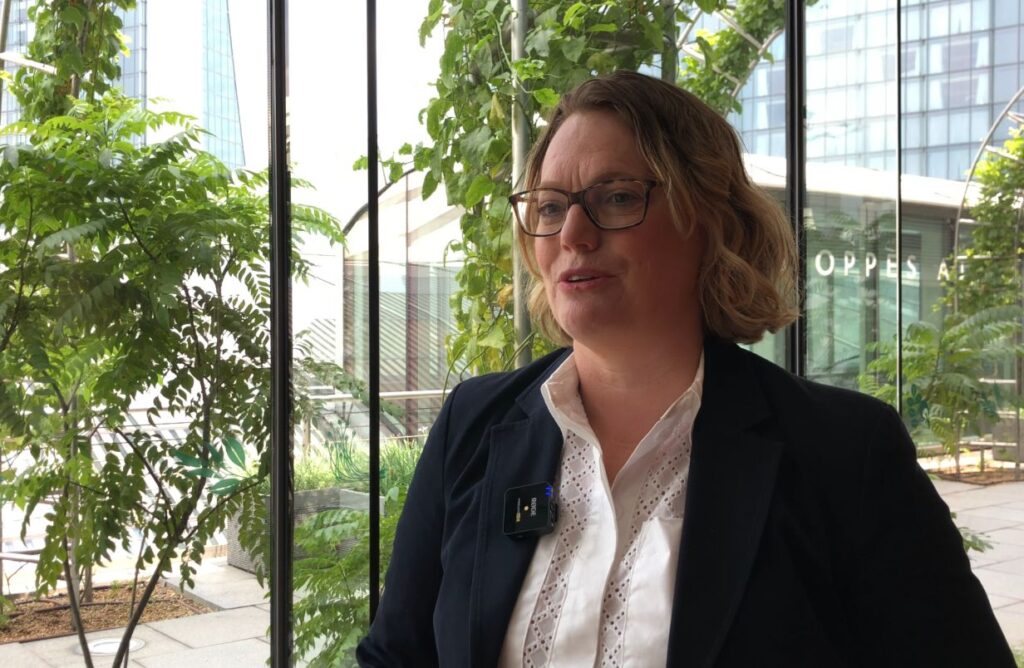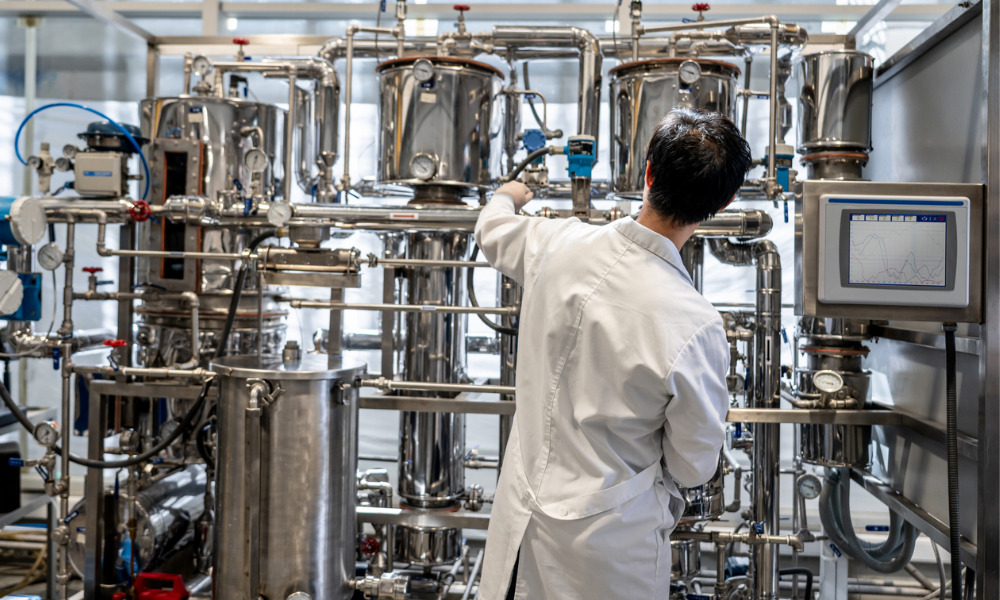Biomanufacturer Cauldron Ferm has been awarded a $4.3M grant by the Australian government to support development of its ‘hyper-fermentation’ technology for production of food, animal feed, fibre, and fuel.
The Department of Industry, Science and Resources Industry Growth Program (IGP) is designed to help small and medium businesses (SMEs) overcome barriers associated with scaling up. The program aims to, “propel SMEs into a solid growth trajectory, with this important avenue to grow our manufacturing capabilities using the cutting edge ideas of younger firms,” according to Hon. Ed Husic MP, Minister for Industry and Science.
Precision fermentation is a technology that uses programmed microorganisms to produce specific, functional food ingredients such as dairy proteins and other bio materials. However, producing these materials at scale has proved a significant hurdle for start-ups in the sector.
Cauldron claims its proprietary, fully automated hyper-fermentation technology unlocks a scalable continuous bioprocess that significantly reduces the cost of manufacturing for mainstream, high volume bio-manufactured goods. The company also says its process generates more volume at less cost by using smaller bioreactors.

“Cauldron is honoured to receive this Industry Growth Program grant,” company Co-Founder and CEO, Michele Stansfield told Future Alternative. “This funding will support the expansion of our commercial demo facility in Orange, enabling us to prove our hyper-fermentation platform at an industrially relevant scale and in the process commercialise the technology of both Cauldron and its customers.
“We are proud to partner with Minister Ed Husic and the Department of Industry to advance Australia’s biomanufacturing capabilities, positioning Australia as a global leader in the bioeconomy and all from regional Australia.”
As part of its plan for global expansion, Cauldron recently appointed former BASF executive David Weiner as its new CTO to oversee advancement of the company’s hyper-fermentation technology.
Cauldron says it has proven the efficacy of the technology at 10,000-litre demo scale and has plans in place to scale up to larger industrial-scale production. In addition, the company says it has already onboarded six clients at their 25,000-litre demo facility over the past year.

IGP grants are aligned with the seven priority areas of the $15 billion National Reconstruction Fund Corporation: Resources; Transport; Medical Science; Defence Capability; Renewables and Low Emission Technologies; Agriculture, Forestry and Fisheries and; Enabling Capabilities.
Other recipients of this year’s grant includes Forager Automation, which is developing a robotic picking device for harvesting delicate fresh produce, and Li– S Energy, which has developed “lighter, cleaner and greener” lithium sulphur batteries the start-up says deliver more than twice the energy density of lithium ion.
To stay up-to-date on the latest industry headlines, sign up to Future Alternative’s enewsletter.
Posted on:


